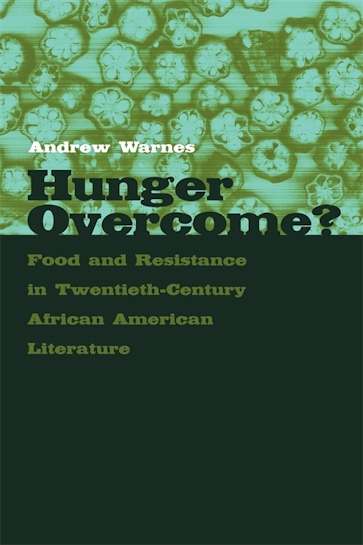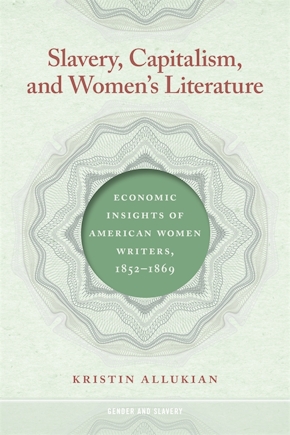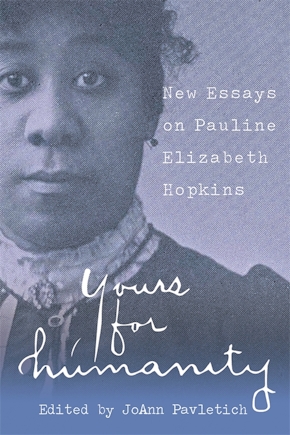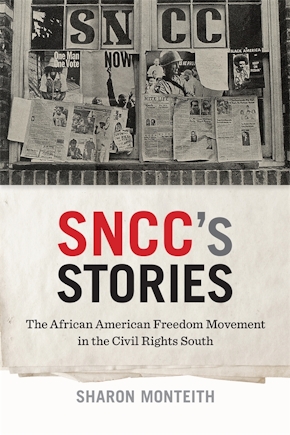Hunger Overcome?
Food and Resistance in Twentieth-Century African American Literature
Title Details
Pages: 232
Trim size: 6.000in x 9.000in
Formats
Paperback
Pub Date: 02/26/2004
ISBN: 9-780-8203-2562-0
List Price: $36.95
Related Subjects
Hunger Overcome?
Food and Resistance in Twentieth-Century African American Literature
Skip to
- Description
- Reviews
Ever since slaves in America labored to produce food surfeit while enduring personal food shortage, says Andrew Warnes, African American writers have consistently drawn connections between hunger and illiteracy, and by extension between food and reading. This book investigates the juxtaposition of malnutrition and spectacular food abundance as a key trope of African American writing. Focusing on works by Zora Neale Hurston, Richard Wright, and Toni Morrison, Warnes considers how black characters respond with a wide variety of countermaneuvers to whites' attempts at regulating access to nourishment, whether physical or intellectual.
What makes this trope so powerful, Warnes argues, is that it implicitly politicizes hunger, revealing it to be an avoidable, imposed condition. In Hurston's scenes of feasting and plenty in the utopian, all-black community of Eatonville; in Wright's refusal of stale bread and spoiled molasses from his white employer; and in Morrison's depiction of her characters' strategies of pilfering and foraging, we witness the implications of a kind of hunger that could be abolished were it not useful as a means of enforcing acquiescence, dependency, and docility. Throughout Hunger Overcome? Warnes relates his readings to the wider culture by drawing on such diverse sources as the slave autobiography Narrative of the Life of Frederick Douglass, Ntozake Shange's cookbook If I Can Cook / You Know God Can, Horace Cayton and St. Clair Drake's sociological study Black Metropolis, and Stanley Kramer's film Guess Who's Coming to Dinner?
Hunger Overcome? is marvelously astute in its attention to textual detail and offers a wealth of new approaches to three canonical writers of the African American literary tradition. It is a valuable addition to the fields of literary criticism and food studies.
—Doris Witt, author of Black Hunger: Food and the Politics of U.S. Identity
This book is an important text for literary scholars, as well as historians, interested in gaining a better understanding of the complex and varied depictions of food and hunger in African American literature. . . . The topics examined not only illuminate the human condition, but the literary and symbolic relationship between food and the written word.
—Journal of African American History
I relish the idea, more than two hundred years after Phillis Wheatley first published verses linking American liberty and black freedom, that the black pen can ultimately serve to liberate. In that, Warnes and I are truly in concert.
—Rafia Zafar, Gastronomica



